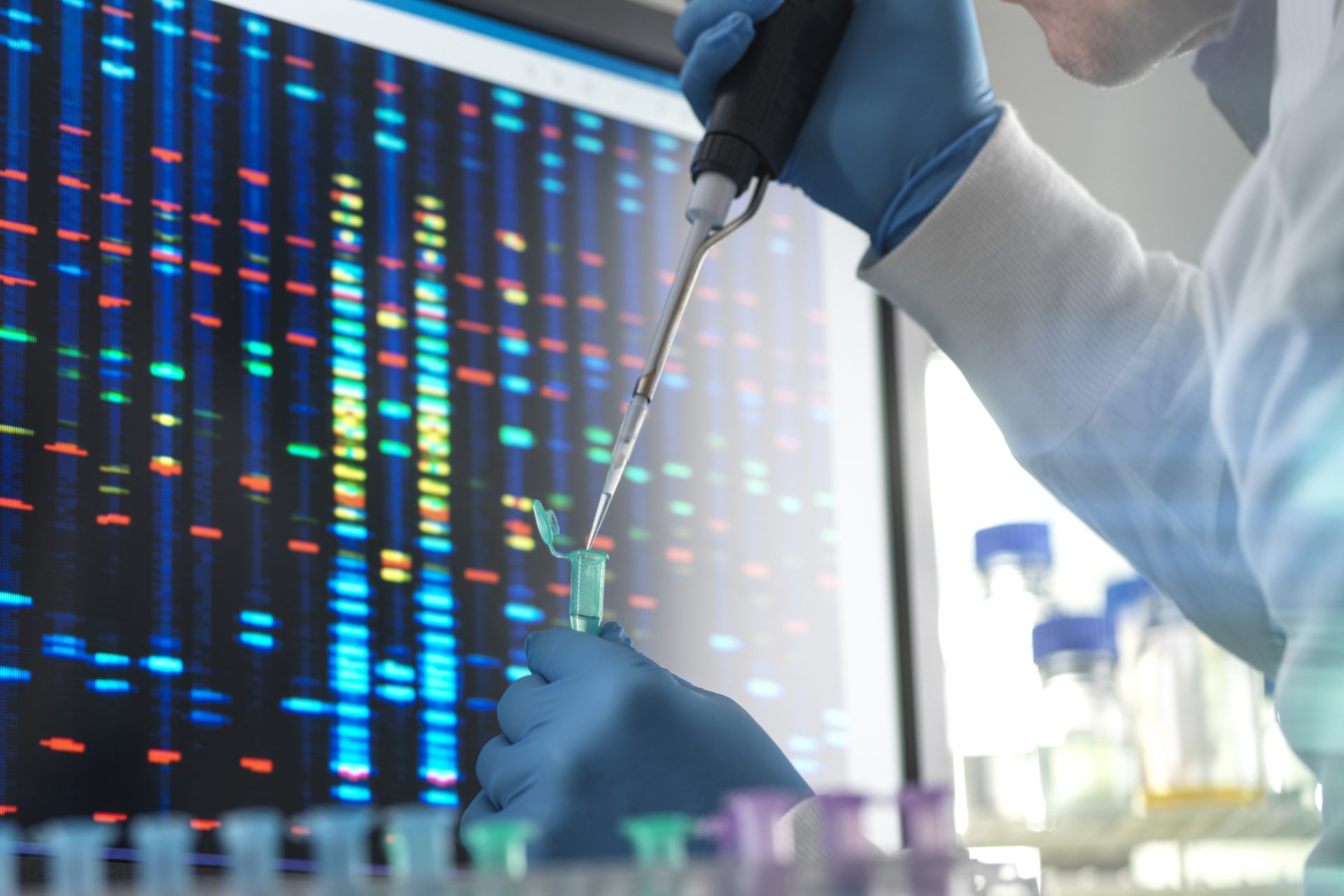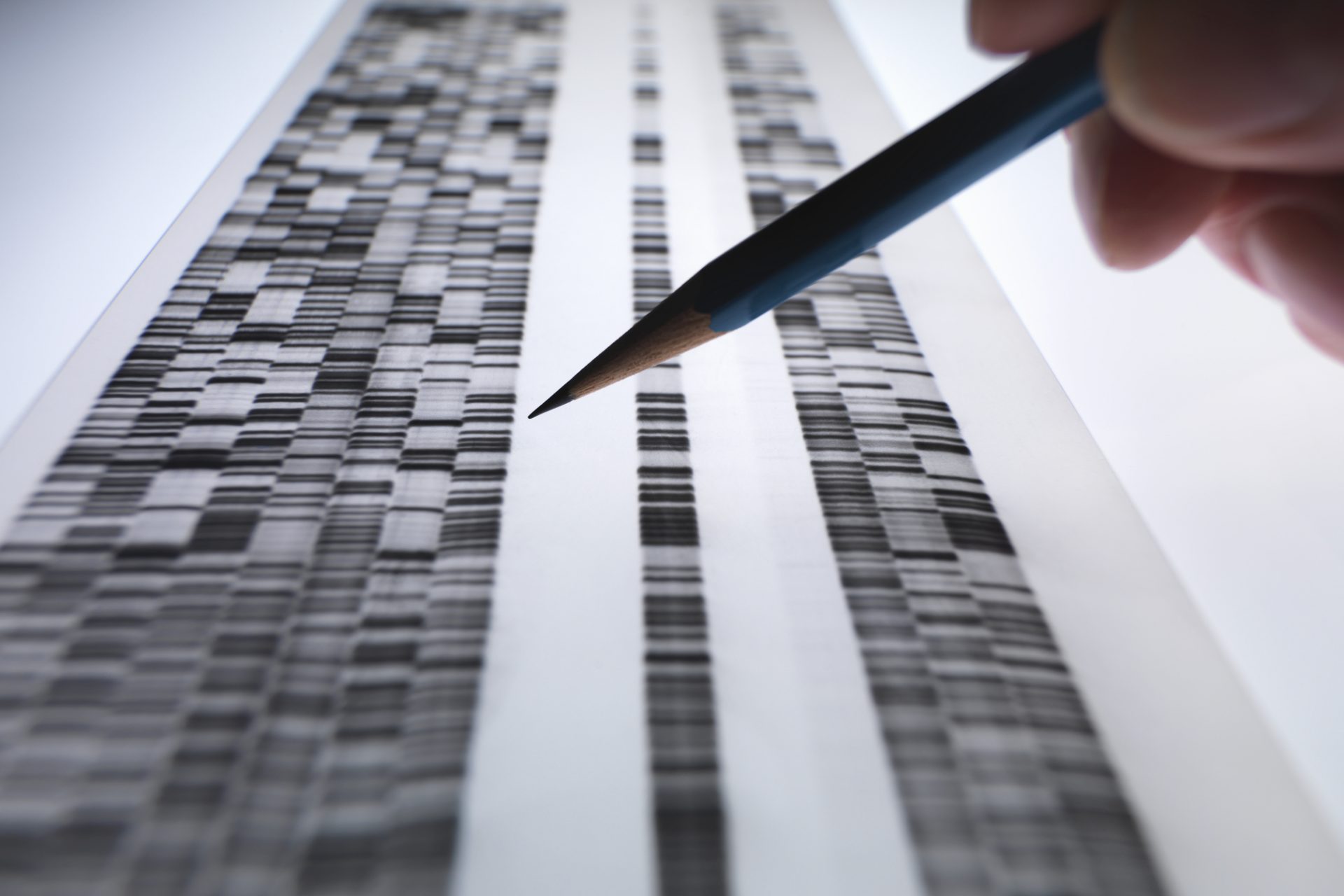Are you tall or a morning person? Thank your Neanderthal ancestors!
Ever wonder why some people have a lot of energy in the morning while others struggle? Neanderthals might be the answer to some genetic traits in humans today, including being a morning person.
A 2023 study published in the journal Genome Biology and Evolution discovered that Neanderthals were morning people, and their genes, passed down, now help modern humans adapt their bodies to rise early.
These genes relate to sleep and are specifically responsible for regulating the biological clock of our bodies, or circadian rhythm.
Neanderthals lived in the Northern area of Europe, and this gene variation allowed them to adapt to their environments more efficiently.
According to the study, the variation does much more than compel their bodies to rise early: it gave them faster-running biological clocks, which helped with seasonal adaptation.
That ability was essential to survive in Northern Europe, where winters came with food shortages, and starting the day early was vital for finding food before sundown.
That ability was not significant for Homo Sapiens, who migrated North from Africa and near the Equator. Winters are mild and days tend to remain the same length throughout the year.
Image: Eugene Zhyvchik / Unsplash
When Homo Sapiens reached Northern Europe, they bred with Neantherdals before their extinction. After that, those genes helped the offspring adapt to their new environment.
Neanderthal DNA is not that rare. According to the Smithsonian Magazine, modern humans of non-African ancestry have between 1 and 4 percent Neanderthal DNA.
Science has studied the influence of Neanderthal DNA on modern humans for more than a decade. Several studies have confirmed it develops certain genetic traits in part of the population.
Still, most of them compare Neanderthal DNA with data from the UK Biobank since it is the only one available on a large scale. So, the lack of diversity in genetic data is a challenge for the field.
According to a 2023 Cornell University study, modern humans inherited 47 traits from Neanderthals. Other studies have confirmed that, from height and appearance to immune system and behavior.
A 2017 study published in Cell concluded that Neanderthal DNA influences an increase in sitting height and height attained at ten years old.
The same study also claims that Neanderthal genes contribute to skin and hair color in present-day Europeans.
Neanderthal gene variations have increased the ability of those who carry them to "ward off infection," Max Plank researchers found in 2016.
Still, not all traits are harmless: according to the 2016 Cell study, Neanderthal genes might influence smoking. Other studies have suggested those who carry them might have lower pain thresholds or less immunity against Covid-19.
More for you
Top Stories





























